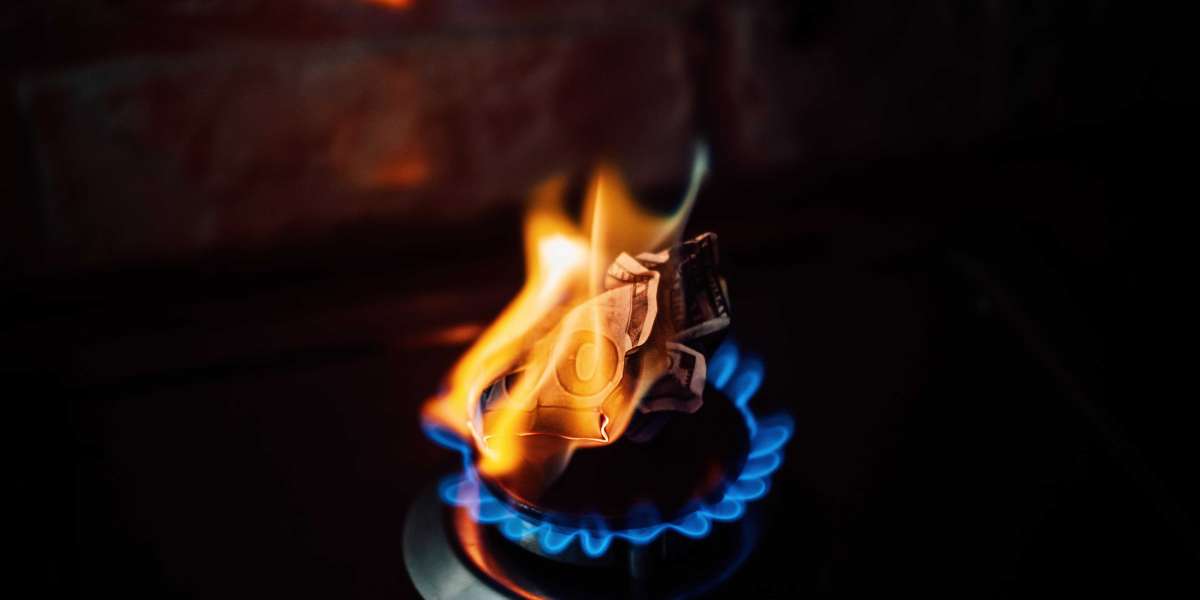 Gas safety certificates are vital for anyone who owns property that has a gas supply. This document details an inspection performed by an Gas Safe engineer.
Gas safety certificates are vital for anyone who owns property that has a gas supply. This document details an inspection performed by an Gas Safe engineer.It lists all appliances and installations that were inspected. It also mentions whether they passed or failed the inspection.
Legal Requirements
A Gas Safety Certificate is a legal requirement in many areas and is a vital document for landlords and homeowners alike. It is an important tool to ensure the safety of tenants, and protect the owners from liability that might result from their failure to maintain their property or appliances. infrastructure. It can also be beneficial when renting or selling an apartment, as it displays a commitment to safety and helps speed up the process.
The CP12 certificate contains a variety of vital information such as the date and the name of the engineer who carried out the inspection as well as the address of the property and a list of all the gas appliances and flues that were checked, and an assessment of each appliance's condition (pass or fail). It is crucial for landlords to check their Gas Safe registered engineer's ID prior to allowing them into their homes to ensure that they have been properly trained, certified and insured to carry out this work.
Landlords are accountable for all pipework and appliances within their buildings, including those that are owned by tenants and used by them and communal areas as well as any appliances used by multiple occupiers. They are also required to provide copies of their Gas Safety Record to all tenants at the start of each new lease. It is recommended that landlords keep records of their previous certificates and inspection dates for easy reference in the future.
Landlords, regardless of whether they were the original owners or not, need to get and pay for the Gas Safe Certificate prior to placing their property for sale. This will assure potential buyers that the property is safe for them to reside in and also assist in speeding the process of conveyancing.
Landlords must keep a log and ensure that their Gas Safety Certificates are current prior to each tenancy. If they employ an agency for management to handle their maintenance, make sure the contract clearly outlines who's responsible for organizing annual checks and paying for them. Before each check, landlords should take photos of their gas appliances and installations to make it easier for them to keep track of each item's history.
Peace of Mind
Although it is not an obligation of the law for homeowners gas safety inspections, they are still highly recommended. This will ensure that the gas appliances and installations in your home are safe and minimize the risk of future complications. It also protects against potential health hazards such as carbon monoxide poisoning and fire-related accidents that could result from faulty appliances.
During the inspection, a qualified engineer will inspect your gas appliances and installations, checking for gas leaks, proper ventilation, and appliance functioning. They will then complete a thorough report on their findings and issue you an official gas safety certificate. The certificate will include the address of your home along with the name and contact information of the engineer, the date of the check and a list of the gas appliances that were examined. If any appliances were found to be unsafe the engineer will ask that they be disconnected from the supply and provide you with recommendations for corrective work.
A valid gas safety certification can accelerate the sale of your house by providing prospective buyers peace of mind. This will show that you are concerned about the safety of your home's occupants and are committed to keeping your home's systems in working and in good working.
As an owner, you are legally required to have your gas appliances, flues and pipework examined by a Gas Safe Registered engineer on an annual basis. This is to protect your tenants from the risks of gas leaks, carbon monoxide poisoning, and fires that could cause significant damage and potentially fatal injuries.
A gas safety certificate doesn't just show your commitment to ensure your tenants' wellbeing, but also make your business more appealing to potential tenants. If there are any issues, they can be corrected quickly, reducing the risk of liability claims or accidents.
If you are a landlord, it's important to inform your tenants and let them know when the inspection will occur and how they can access a copy of the gas safety certificate. This will ensure that your tenants are aware of any dangers that could arise and are less likely not to attempt to conceal the risks, putting their safety at risk.
Insurance
Gas inspections performed by licensed experts are not legally required, but they are recommended. Regularly having your appliances inspected by a qualified professional can help you spot any potential issues before they become serious, putting you or your family members at risk. It can also reveal any possible dangers, such as carbon monoxide, an odourless and extremely dangerous gas that can accumulate in your home if appliances are not properly maintained.
Landlords are legally required to have their properties checked for gas safety by a licensed engineer and obtain a CP12 (Landlord Certificate) as part of their legal obligations when renting out property. The certificate proves the flues and appliances are in good condition and safe to use.
A CP12 is a common black and yellow document which outlines the specifics of the inspection, including the date, the gas engineer's name and their Gas Safe Register number. The CP12 will contain the appliances that were examined and the engineer will record any issues or concerns they faced. The engineer will write on the CP12 that the appliance is unsafe and request it to be removed immediately.
The CP12 will indicate if any maintenance is required to ensure the appliance is safe for use. This information will also be recorded. The engineer is usually able to suggest that gas appliances are serviced at the same time as a CP12 inspection to ensure that they are in good working order and that they can be used safely.
You can save money on insurance by having your gas safety certificate available. Some insurers require that you have a CP12 before they will cover you. You can save money on repairs by keeping track of inspections and addressing issues immediately when they occur. This can also speed up future insurance claims.
Requirements for Tenants
While landlords are legally accountable for gas safety inspections in their rental properties, tenants also have a stake in making sure that the appliances in the rental property are safe to use. Tenants can prevent accidents by requesting a copy of the annual gas safety certificate from their landlord and reminding them to carry these checks out as required.
The gas safety certificate is a vital document that identifies whether or not the gas appliances and flues in your rental property are fit for purpose and safe to use. It contains an inventory of the gas safety certificate homeowner appliances that have been checked by an Gas Safe registered engineer, an evaluation of each appliance's condition (either "pass" or "fail'), and a date for when the next inspection is due. It also includes the name and registration of the Gas Safe registered engineer who completed the inspection as well as the address of the property inspected.
Landlords are legally obligated to provide a copy of the gas safety certificate to all current tenants within 28 days of the annual service and to new tenants prior to their start of their lease. The landlord is also responsible to display a copy of the gas safety certificate at the rental property.
A valid gas safety certificate could be beneficial for a homeowner when it comes to the sale of the property as it indicates that the house has been examined and is free of gas-related hazards and fittings. A valid gas safety certificate can also help homeowners to obtain insurance on their property.
Some landlords are insecure about the space they lease and are unable to permit maintenance or gas safety inspections. In cases where the tenant and landlord are unable to reach an agreement and the landlord is required to take every reasonable step to comply with the Gas Safety Installation and Use Regulations 1998, which includes repeatedly attempting to gain access, and sending a letter to the tenants explaining that the safety checks are legally required for the safety of all. If the landlord is unable to gain access to the property for a safety check or inspection, they may have to seek legal advice.








